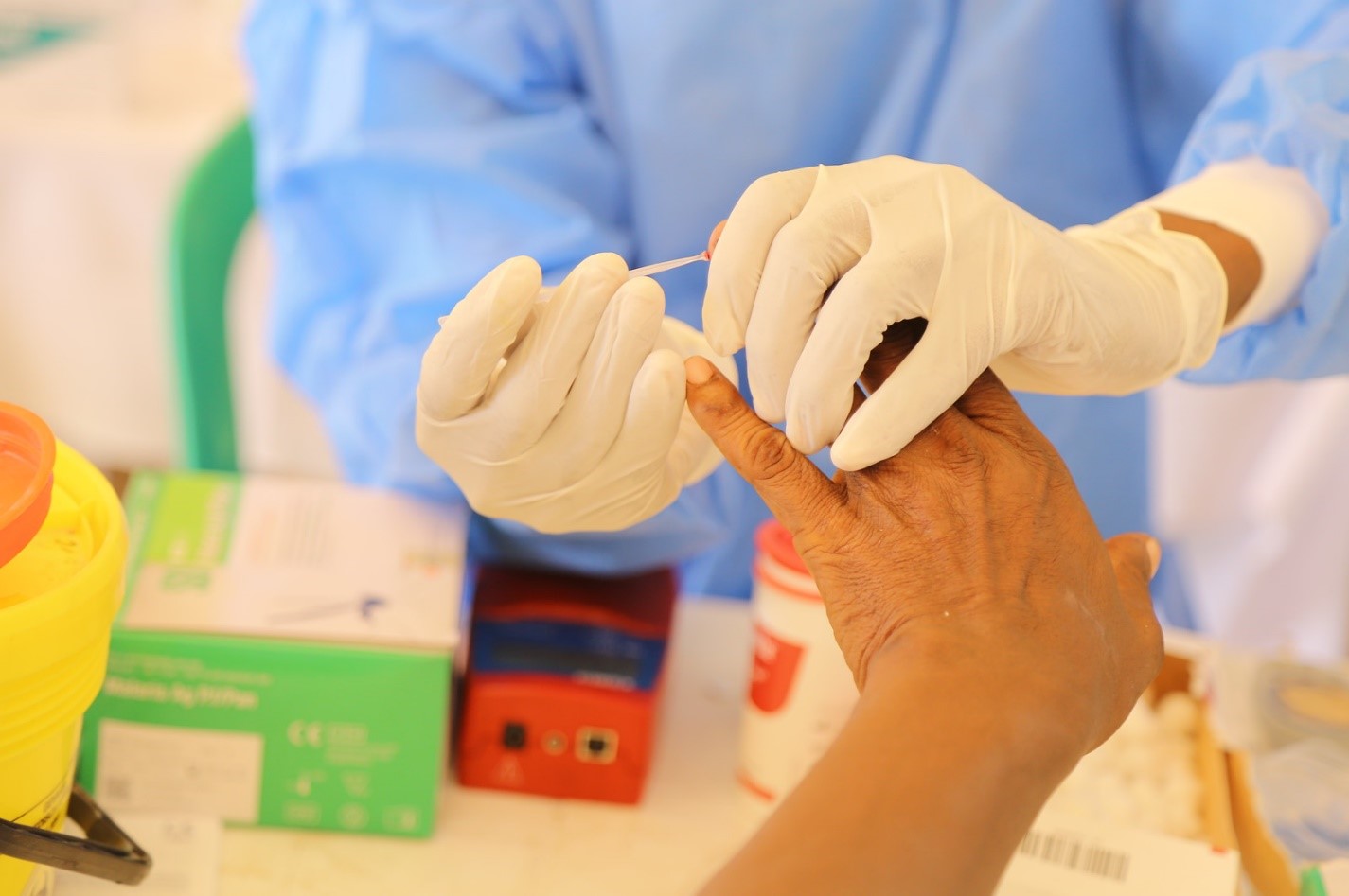
REVIEW: Scientists discuss climate change impact on malaria, tropical diseases

In a recent comprehensive review, scientists have warned against effects of climate change on infectious diseases, stressing the urgent need for increased research and collaboration to avert and address future health crises.
The review, featuring contributions from 70 global scientists, including six from the Ifakara Health Institute, explores the complex relationship and uncertainty between climate change and diseases such as malaria, dengue, chikungunya, leishmaniasis, and twenty other neglected tropical diseases (NTDs).
Importance of understanding climate effects
Published on the Transactions of The Royal Society of Tropical Medicine and Hygiene journal, the study reveals how these vector-borne diseases, with complex life cycles involving both human and animal hosts, are expected to change due to climate alterations, complicating predictions of future transmission patterns.
“Developing an understanding of the likely effects of climate change on the epidemiology of malaria and NTDs is critical to minimizing their health implications,” the scientists stated. “This scoping review explores current predictions of the effects of historical and future climate change on malaria and NTDs, and the potential amelioration of these effects through climate change mitigation and adaptation strategies,” they added.
Extensive analysis reveals varied impact
The researchers analyzed scientific literature from January 2010 to October 2023, selecting 511 relevant studies out of 42,693 papers to include in the review. These studies were evaluated based on disease burden, healthcare quality, and climate vulnerability by country. The most frequently studied diseases included malaria, dengue, chikungunya, and leishmaniasis, while other NTDs received less attention.
Findings showed that climate change's impact on these diseases varies significantly depending on the disease and geographical location. The review noted that 34% of the studies discussed mitigation strategies, whereas only 5% explored adaptation methods.
Highlighted research gaps in vulnerable regions
The study also revealed a gap in researches whereby current research often focuses on countries with lower disease burdens but higher healthcare quality, potentially overlooking regions that might be more vulnerable due to weaker healthcare systems.
The study also highlighted a research gap, showing that current studies often focus on countries with lower disease burdens but higher healthcare quality, potentially overlooking more vulnerable regions with weaker healthcare systems.
"Available analyses do not allow confident prediction of the overall global impact of climate change on these diseases. For dengue and chikungunya and the group of non-vector-borne NTDs, the literature privileged consideration of current low-burden countries with a high HAQI," the scientists wrote, pointing out that no leishmaniasis papers considered outcomes in East Africa.
Call for comprehensive research efforts
According to scientists, this disparity underscores a significant gap in understanding how to effectively address health challenges posed by climate change, suggesting a need for more comprehensive research to handle these health challenges. The scientists called for "comprehensive, collaborative, and standardized modeling efforts" to better understand and respond to these health threats.
The scientists also proposed several key recommendations to guide future studies on the impacts of climate change on malaria and NTDs. These include using defined climate scenarios and demographic projections, incorporating detailed analyses of mitigation and adaptation strategies, exploring a broader range of diseases and geographies, developing innovative methodologies, promoting standardization and collaboration, encouraging local scientific leadership, and providing actionable data for policy-making.
Ifakara scientists’ contribution
Six scientists from Ifakara Health Institute contributed to the study. They include, Mbaraka John, Andrea Kipingu, Samson Kiware, Tajiri Laizer, Janice Maige and GloriaSalome Shirima.
The team worked alongside colleagues from academic and reserach institutions across Europe, Asia, Africa, North America and Australia.
The World Health Organization (WHO) granted permits for the publication and reproduction of the article.
Read the publication here.
